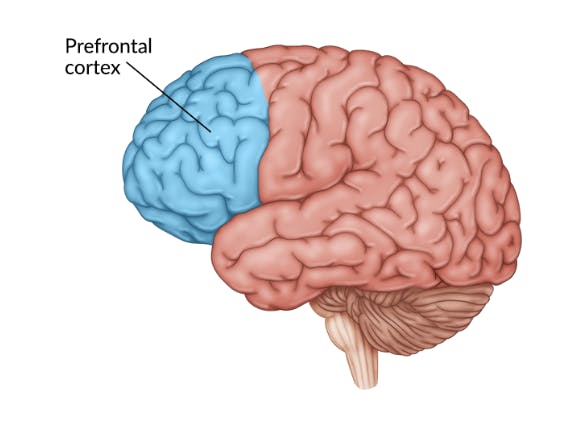TL;DR Science: The Placebo Effect
By Srishti Swaminathan
October 14, 2022 · 3 minute read
Medicine
Biology
Chemistry
What is the Placebo Effect?
A placebo is a drug or treatment that has no beneficial ingredients or properties but still makes a patient “feel better.” Notice those quotation marks; the medicine will not actually do anything, but a strong belief in the product will make it seem like it is working. In other words, the placebo effect psychologically tricks you into thinking that you are getting better by taking a certain medication, when in reality, the medication has no ingredients to help you.
The History of the Placebo Effect
So when was this effect first discovered? Well, a physician from Britain named John Haygarth was the one to come across it in 1799; in order to test the ability of metal rods called Perkins tractors that were said to remove any disease from the body, he used dupe rods on patients with rheumatism and recorded how they felt. A staggering 80% of patients who were treated with the sham reported feeling better than before!
Later on, Henry K. Beecher (an American medic) ran out of the painkiller morphine during World War ll. As a last resort, he used a simple saline solution with no pain-killing properties and told the soldiers they were receiving the real deal; yet again, almost half the soldiers said that the so-called “injection” reduced or got rid of their pain completely.
Usage in Recent Times
More recently, the placebo effect has been used in clinical trials to test the efficacy, or success, of a drug. One group receives the drug in question while the other receives the placebo, usually a sugar pill or some other fake medicine. Here’s the catch: the participants don’t know if they are taking the real drug or the placebo, and this is where the power of positive thinking comes in. If both groups react the same way, it can be concluded that the drug has no beneficial properties and needs to be reworked. If the group without actual treatment feels the same way, that must mean the drug is just as ineffective as the placebo.
The Science Behind It
So why do placebos often end up working? The UCLA Neuropsychiatric Institute conducted a study in 2002 in which they gave two groups of people antidepressants while the third group received a placebo. The researchers measured the average brain activity of each group using a method called electroencephalography (EEG). They found that those treated with the placebo had higher levels of brain activity in the prefrontal cortex than those treated with the actual drug. The conclusion was that the brain was not actually being “deceived” per se; it just reacted differently to the medicine and the placebo. Later studies also showed that the effect had to do with endorphins, or the brain’s natural painkilling hormones.

TL;DR
The placebo effect is one that scientists don’t fully understand. It’s a relationship between the mind and body like none other. Numerous scientists and studies have found that faith in a placebo causes patients to feel much better than before. Either way, the next time you swallow a pill, think positively; the power of optimism is endless.
Here’s a great video if you want to learn more about the placebo effect!
Sources:
https://www.health.harvard.edu/mental-health/the-power-of-the-placebo-effect
https://knowablemagazine.org/article/mind/2017/imagination-effect-history-placebo-pow
https://www.healthline.com/health/placebo-effect
Image Sources:
https://www.google.com/url?sa=i&url=https%3A%2F%2Fwww.vox.com
https://cdn.flintrehab.com/uploads/2020/08/prefrontal-cortex-damage.png
Did you enjoy this article?
About The Author
Srishti Swaminathan is a high school sophomore interested in STEM and writing. She enjoys reading, listening to music, and watching movies. If you have any comments or questions regarding this article, feel free to contact her at srishti@sciteens.org.